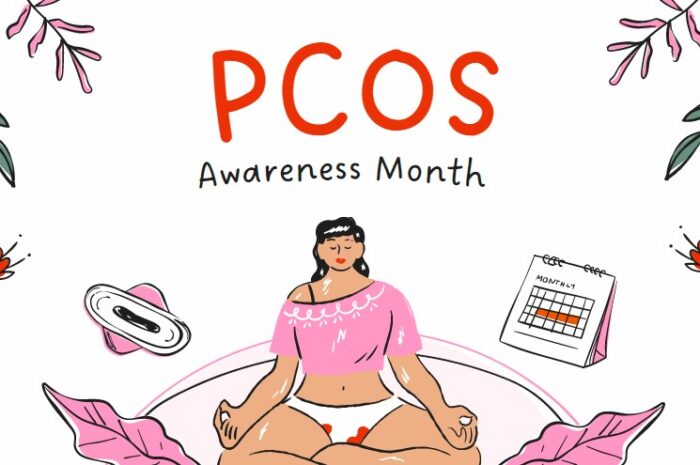Fertility regulator calls on Black patients to help shape future UK treatment
HFEA figures show Black patients are less likely to have successful IVF treatment
People from ethnic minority backgrounds who have undergone fertility treatment are being urged to share their views and experiences to help shape the future of fertility treatment and policy in the UK.
The fertility regulator, the HFEA, launched its National Patient Survey seeking views from patients and their partners who have experienced fertility treatment in the last 10 years.
The survey comes on the back of the regulator’s Ethnic Diversity in Fertility Treatment report released earlier this year, which highlighted major disparities in treatment outcomes for Black and other ethnic minority groups.
It’s the first time that the HFEA’s National Patient Survey will collect information on ethnicity, It’s the first time that the HFEA’s National Patient Survey will collect information on ethnicity to learn more about the individual treatment experiences of patients to improve fertility treatment outcomes, with the survey looking at various aspects of treatment including access to information, expectations and realities of private and NHS treatment, overall patient care and more.
Yacoub Khalaf, Professor of Reproductive Medicine and Surgery and Authority Member of the HFEA said:
“We know that there are disparities in treatment outcomes among different patient groups and it’s important that we hear from patients directly, to better understand why these disparities exist and how we may be able to address them.
“Some of these disparities are likely to be a combination of many different factors, but it’s important that we don’t speculate and hear from Black patients directly to ensure their views and experiences are reflected in our future policy decisions and guidance.
“Fertility treatment has changed dramatically since the HFEA was established more than three decades ago, and with the recent impact of the pandemic, it’s now more important than ever to hear from patients to help us have a better understanding of their experiences and to determine what factors could explain the unequal fertility treatment outcomes for different patient groups.”
The HFEA will be using the survey results to inform its work to improve overall patient experiences, make recommendations for policy, and review clinic practice and guidance in the Code of Practice for fertility clinics.
To enable as many fertility patients as possible to have their say and capture a variety of views on access to services, experiences and treatment outcomes, the survey will run for four weeks, closing on 5 December.
Minister for Patient Safety, Maria Caulfield, said:
“We have made great strides in fertility treatment over the last 30 years, bringing new life into the world and great joy to new parents.
“While there has been progress, I know the sector still faces challenges, and there continue to be inequalities in people’s experiences.
“We are committed to levelling up services across the UK and I urge all prospective parents, especially those from black or ethnic minority backgrounds, who have experienced fertility treatment to share their experiences – your views will help shape the future of these services.”
Gwenda Burns, Chief Executive of leading patient charity Fertility Network said:
“It is essential fertility patients’ experience of treatment is equitable and as positive as possible, but unfortunately this is not yet the case for everyone accessing fertility services.
“Some patients do not feel supported or do not receive the information or care they need.
“That’s why we encourage current and past fertility patients and their partners to have their say and tell the fertility regulator what it is really like during this often-distressing time and highlight, if needed, how the process can be improved.”
The survey is available on the HFEA website.
ENDS
Notes to editors
The HFEA is the UK’s independent regulator of fertility treatment and research using human embryos.
Set up in 1990 by the Human Fertilisation and Embryology Act, the HFEA is responsible for licensing, monitoring, and inspecting fertility clinics to ensure patients and everyone born through fertility treatment receives high quality care.
The HFEA is an ‘arm’s length body’ of the Department for Health and Social Care, working independently from Government providing free, clear, and impartial information about fertility treatment, clinics and egg, sperm and embryo donation.
The HFEA is funded by licence fees, IVF treatment fees and a grant from UK central government. For more information visit, www.hfea.gov.uk



